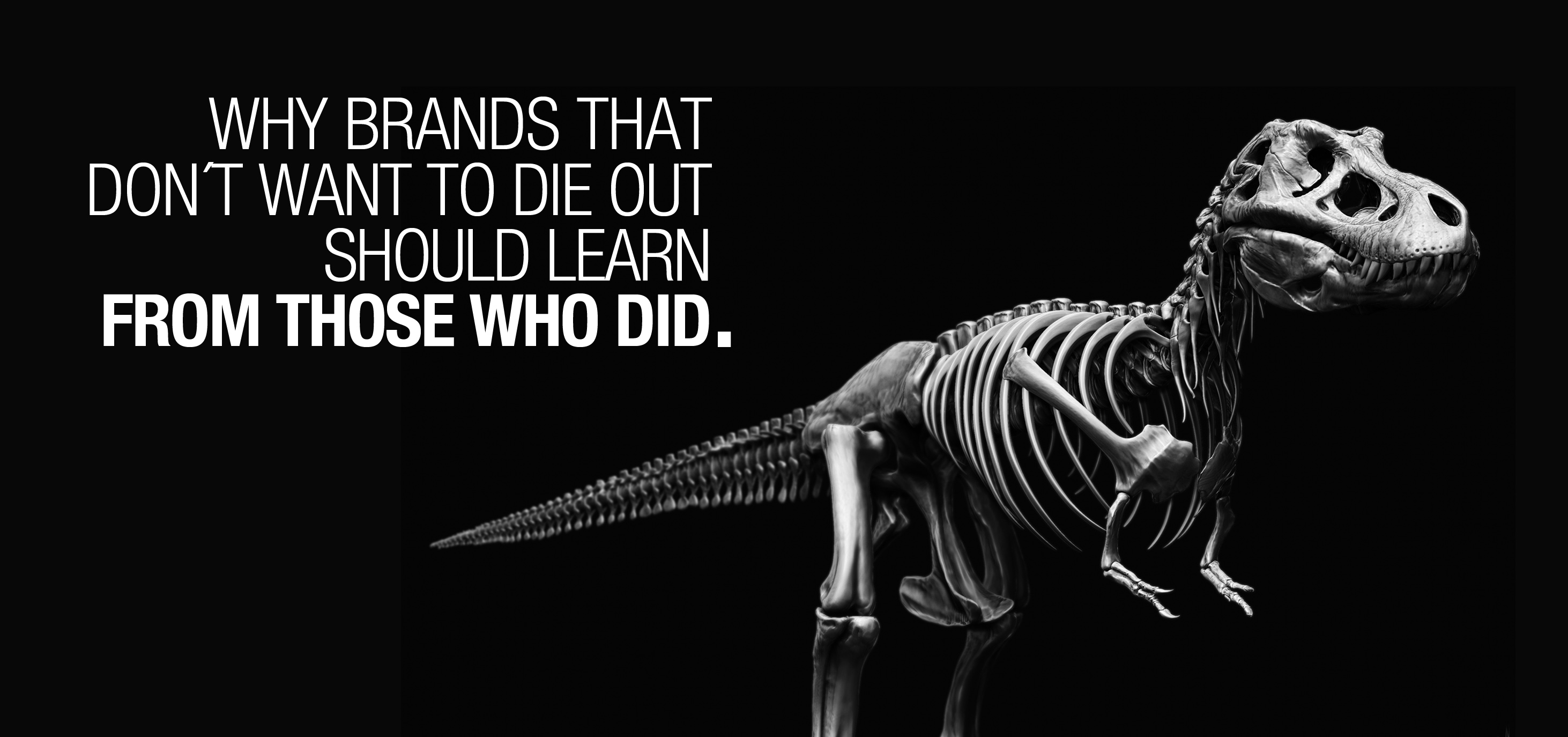WHY BRANDS THAT DON´T WANT TO DIE OUT SHOULD LEARN FROM THOSE WHO DID.
Let´s come back to Rapailles approach and what we all can learn from it (better late than never…).
Rapaille believes that all purchasing decisions really lie beyond conscious thinking and reside at a primal core in human beings.
To Rapaille, the Reptilian brain “always wins”. Or, in other words: if a brand manages to touch people on the most fundamental level, it will have the biggest chance to grow and sell. The Reptilian brain is all about survival and reproduction.
And of all the related attributes. Like dominance. Those people who drive through the city in a monstrous HUMVEE just want to show dominance as a warrantor for survival. They just obey their reptilian brain.
But when the HUMVEE was launched in the US, it didn´t suceed at first.
They asked Rapaille for help. The frenchman told them to make the windows a few percent bigger. Why? Because if you go for dominance, you want to be seen and identified as the “sender” of that dominance. “Don´t mess with me!” Very reptilian. Very successful. Very international – because the reptilian brain is something we all have in common. From Russia to Rhodesia.
Then there is the Limbic System, the second oldest structure of the human brain.
It´s where all our emotions are located. The limbic system is developed during our early childhood and created & influenced by maternal love.
Our mother gives us an emotional imprint for each category. She defines what “love”, “care” or “home” mean to us. These emotional imprints vary from country to country.
Japanese have a different emotional code/imprint than Americans. Americans have a diifferent emotional code than Germans or French.
Example? Here you go: to Germans, the smell of fresh coffee means “home” and “childhood”. Because they smelled the coffee their mum cooked when they were lying in their cradles. The Germans got a “coffee imprint”.
The Japanese, however, don´t feel anything when they smell fresh coffee. Why?
Because they have a “tea imprint”. Which is why Nestlé had a hard time trying to sell coffee products in Japan. Until they asked Clotaire Rapaille…
–to be continued…!

